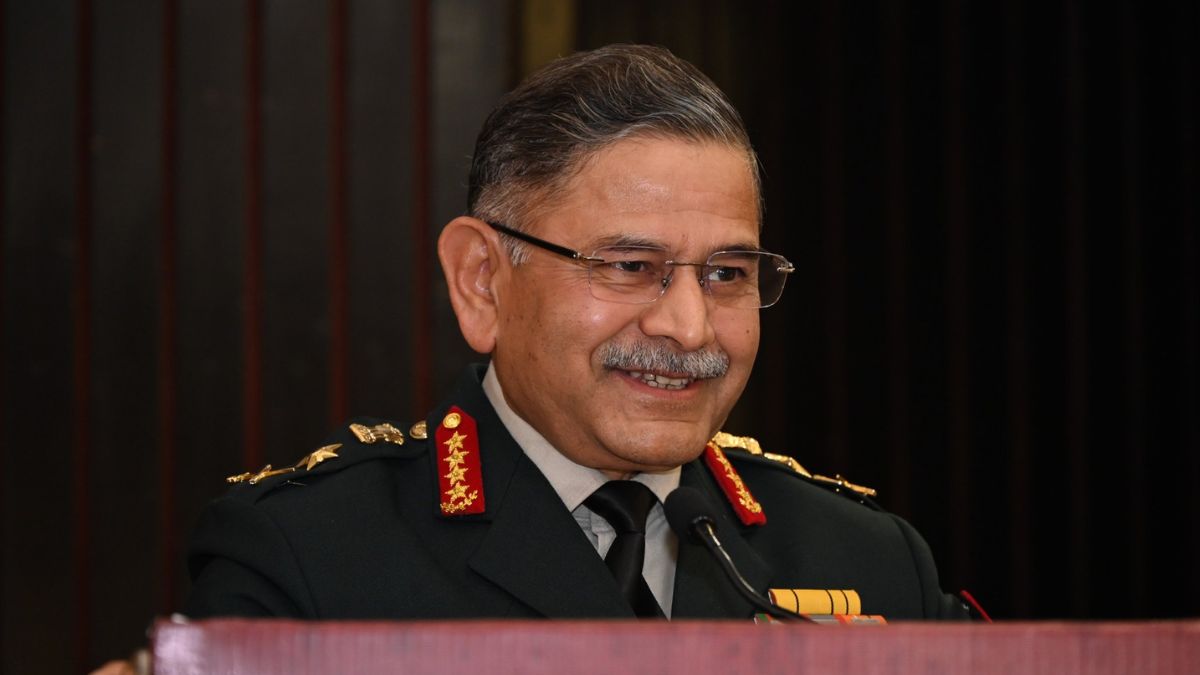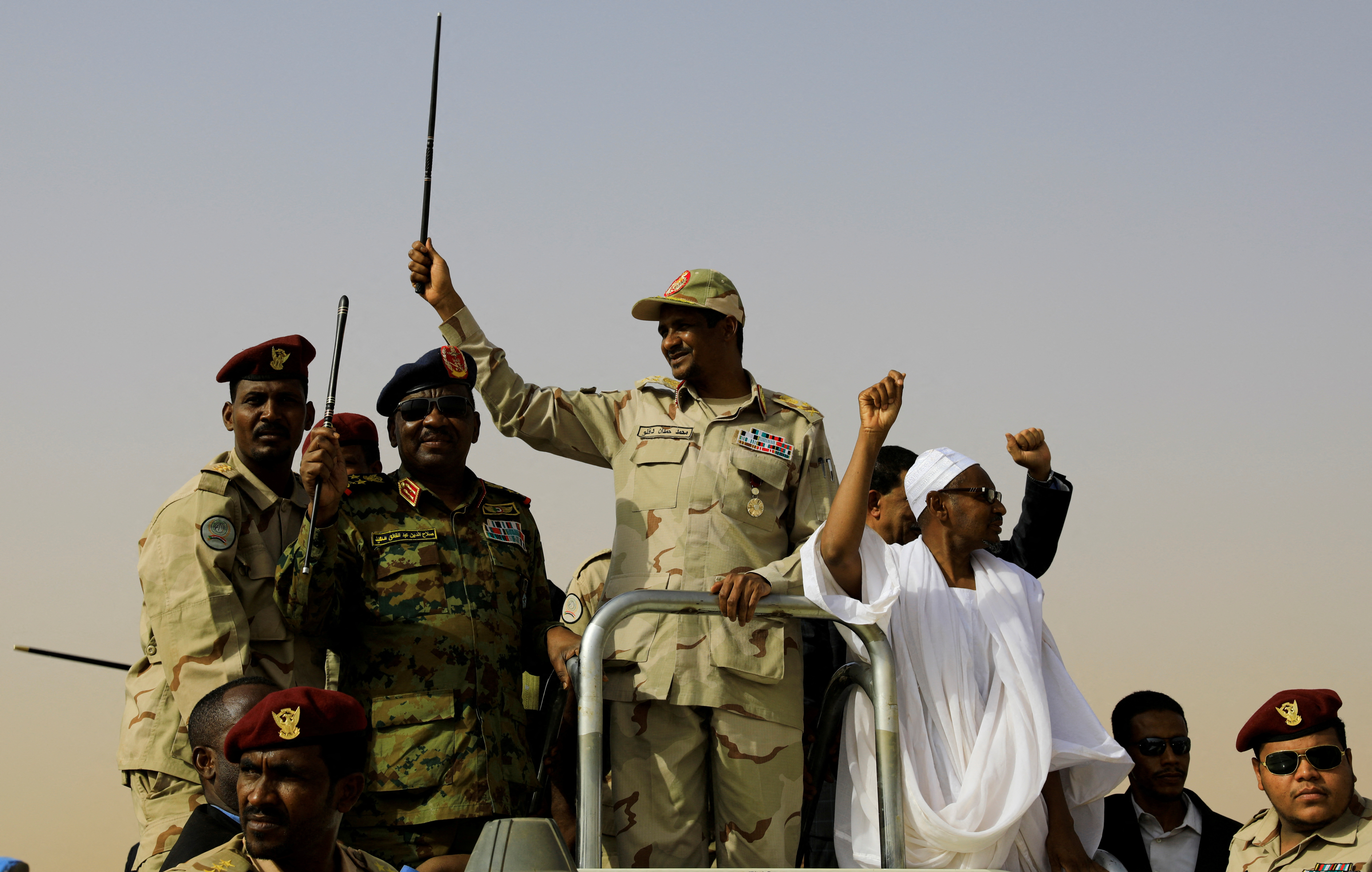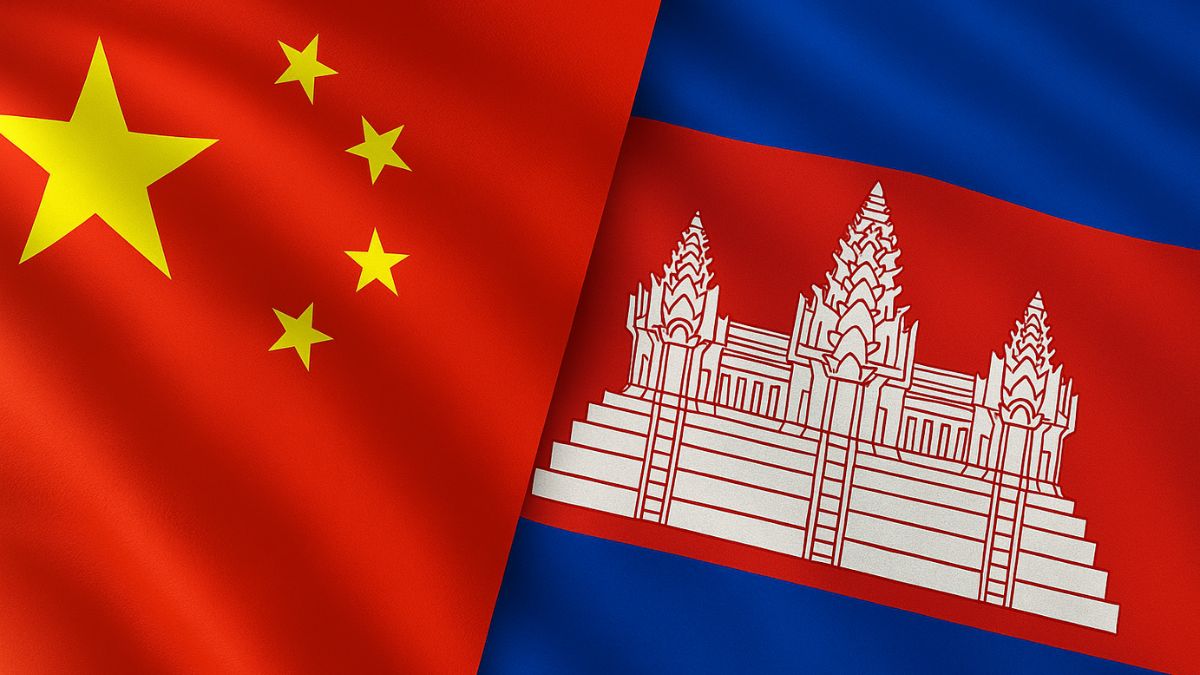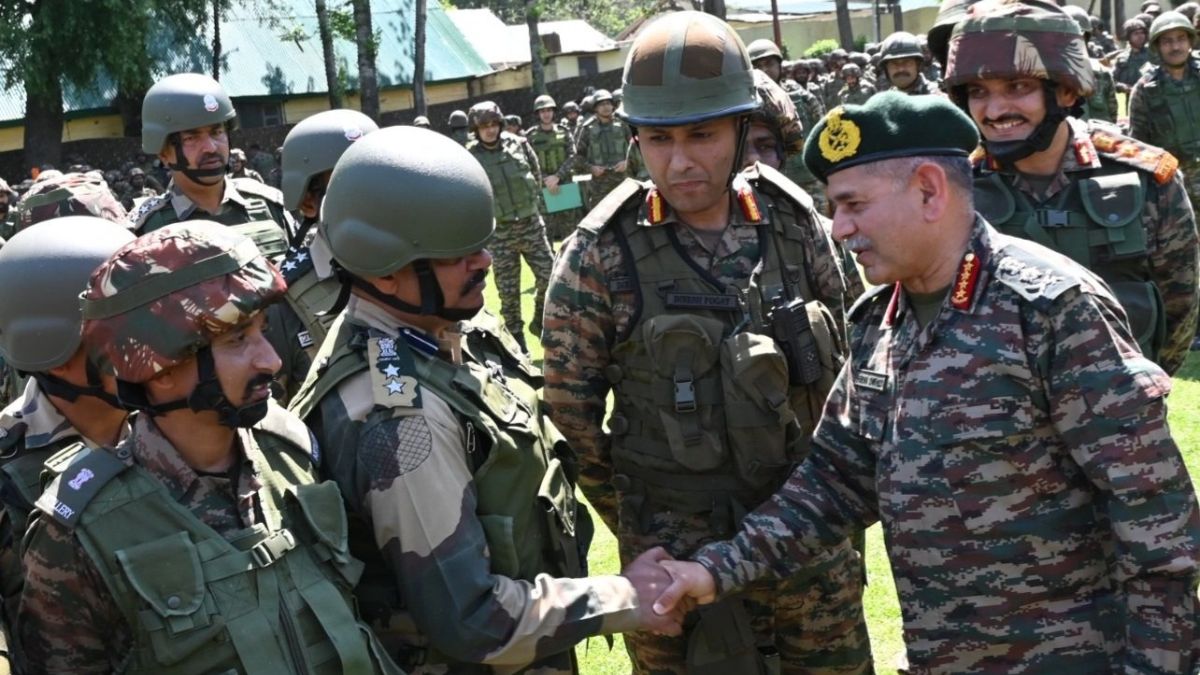Israel Strikes Iranian Nuclear, Military Facilities; Kills IRGC Commander In Op ‘Rising Lion’

Israel has attacked Iranian nuclear facilities and IRGC headquarters overnight. Image courtesy: AI-generated picture via DALL-E
Israel launched a sweeping military operation against Iran on Friday (June 13), targeting nuclear sites, ballistic missile facilities, and senior military commanders, in what it called a pre-emptive campaign to prevent Tehran from acquiring nuclear weapons. The Israeli military described the strikes as the beginning of a prolonged operation, citing intelligence that Iran was nearing a critical threshold in its nuclear program.
Dubbed “Operation Rising Lion,” the offensive has triggered widespread concern over a broader regional escalation. Israeli Prime Minister Benjamin Netanyahu said the country was facing a “decisive moment” in its history, while Iran’s leadership vowed to deliver a “bitter fate” in response.
What targets did Israel hit and why now?
According to the Israeli military, the strikes focused on uranium enrichment facilities, including the Natanz nuclear site, ballistic missile manufacturing plants, and headquarters of the Islamic Revolutionary Guard Corps (IRGC) in Tehran.
The military said it acted based on new intelligence suggesting that Iran was “approaching the point of no return” in its nuclear weapons development, although no specific evidence was made public. A senior Israeli official told reporters Iran could potentially assemble 15 nuclear bombs within days.
In addition to airstrikes, Israel’s Mossad intelligence agency conducted covert sabotage operations targeting missile sites and air defence systems, according to a report from Axios.
What has been Iran’s response to Israeli strikes?
Iranian state media confirmed the deaths of several high-profile figures, including IRGC Commander Hossein Salami, and Nuclear scientists Fereydoun Abbasi-Davani and Mohammad Mehdi Tehranchi.
Witnesses and local media reported explosions in multiple cities, including at Natanz and in residential areas of Tehran. Iranian media claimed several children were among the casualties in strikes on civilian districts, according to a report by Reuters.
Iranian Supreme Leader Ayatollah Ali Khamenei condemned the attacks, stating that Israel had “unleashed its wicked and bloody” hand in a crime against Iran. He vowed “a bitter fate” for Israel.
What precautions has Israel taken amid fears of retaliation?
Anticipating an imminent counterstrike, Israel declared a state of emergency and closed Ben Gurion Airport.
Tel Aviv has also placed air defence systems on high alert as well as called up tens of thousands of reserve troops, with deployments across all borders.
Defense Minister Israel Katz warned of an incoming missile and UAV (drone) attack targeting Israeli civilians. Military Chief of Staff Eyal Zamir described the operation as a “a historic campaign unlike any other. This is a critical operation to prevent an existential threat, by an enemy who is intent on destroying us.”
Meanwhile, the United States (US) said it was not involved in the strikes. That claim comes just a day after President Donald Trump ordered the repositioning of American personnel away from the region, citing the potential for instability and escalation.







